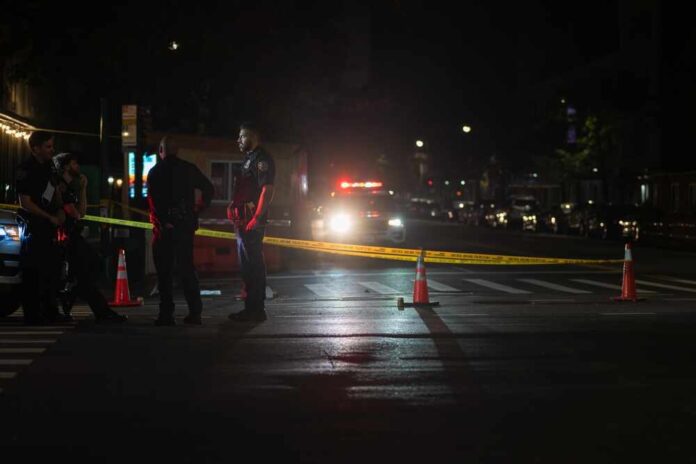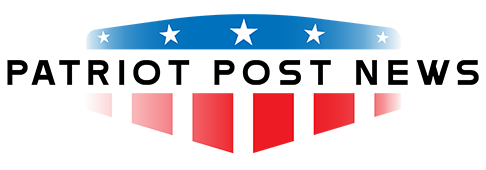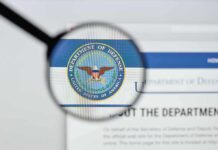
Rep. Mariannette Miller-Meeks is leading a crucial bipartisan commission to combat skyrocketing antisemitism after the Anti-Defamation League reported a shocking 344% increase in antisemitic incidents over just five years.
Key Takeaways
- Rep. Miller-Meeks’ proposed commission would have investigative powers including hearings and subpoenas to thoroughly study the causes of rising antisemitism
- The bipartisan panel would consist of eight members appointed by House and Senate leaders with equal party representation to ensure political neutrality
- The House recently passed the Antisemitism Awareness Act with strong bipartisan support (320-91) to address growing antisemitism on college campuses
- The commission would operate for one year before delivering a comprehensive report to President Trump and Congress with factual findings and recommendations
- Anti-Defamation League data shows antisemitic incidents have increased by 344% over the past five years, highlighting the urgency of this initiative
Bipartisan Commission to Address Alarming Rise in Antisemitism
Iowa Republican Representative Mariannette Miller-Meeks is taking decisive action against the troubling surge of antisemitism in America with her proposal to establish a congressional study commission. The initiative comes at a critical time as Jewish Americans face unprecedented levels of hatred and discrimination. The commission would operate with full investigative authority, including the power to conduct hearings, issue subpoenas, and obtain critical information from federal departments and agencies. This thorough approach ensures that the commission can identify the root causes of antisemitism and develop effective strategies to combat this growing societal problem.
“First and foremost, assert the awareness that the issue exists and acknowledgment that antisemitism acts have been on the rise, and this most recent one [the fatal shooting of a couple outside a Jewish museum in Washington, D.C.], I think, underscores the need for an overview,” Rep. Mariannette Miller-Meeks said.
I’m proud to announce I’m introducing a bill to establish a national commission to study the rise of antisemitism in the U.S.
We must face this crisis head-on with facts, action, and bipartisan resolve.
Read more in @DailySignal: https://t.co/kOVZESwx31
— Rep. Mariannette Miller-Meeks, M.D. (@RepMMM) June 2, 2025
Structure and Goals of the Proposed Commission
The commission would feature a carefully balanced composition of eight members appointed by House and Senate leaders, with no more than four members from the same political party. This intentional bipartisan structure ensures that the findings will be credible and free from partisan influence. The chairperson and vice chairperson positions would be determined by the Speaker of the House and House minority leader, maintaining equal representation across party lines. After completing its year-long investigation, the commission would present its findings to President Trump and Congress before dissolving 120 days after submitting its report.
“It is not an issue that is relevant to only Republicans. There’s a lot of support across the aisle,” Rep. Mariannette Miller-Meeks said.
The commission’s primary objective is to provide “factual information, factual data” on the rise of antisemitism and raise public awareness about this growing threat. Miller-Meeks has emphasized that the commission will focus on examining the causes of antisemitism without predetermined conclusions or political bias. This data-driven approach will ensure that recommendations are based on evidence rather than political considerations. The commission could also work with local officials and faith communities to educate the public about its findings, creating a broader impact beyond federal policy recommendations.
Recent Legislative Actions on Campus Antisemitism
Miller-Meeks’ proposal builds on recent bipartisan efforts to address antisemitism, including the House’s passage of the Antisemitism Awareness Act aimed at combating rising hatred on college campuses. This bill, which passed with a strong 320-91 vote, adopts the International Holocaust Remembrance Alliance’s definition of antisemitism for enforcing federal anti-discrimination laws in education. The definition includes examples such as accusing Jews collectively for actions of individuals and making stereotypical allegations about Jewish people. This legislation extends beyond President Trump’s 2019 executive order on the same issue.
“Right now, without a clear definition of antisemitism, the Department of Education and college administrators are having trouble discerning whether conduct is antisemitic or not, whether the activity we’re seeing crosses the line into antisemitic harassment,” Rep. Mike Lawler said.
Crisis on College Campuses Highlights Urgency
The alarming situation on college campuses has revealed the urgent need for action. Jewish students have reported feeling unsafe and harassed, with some being advised to leave campus for their safety. The Anti-Defamation League’s data showing a 344% increase in antisemitic incidents over the past five years underscores the severity of the problem. While some critics have expressed concerns about potential free speech implications, supporters emphasize that identifying antisemitism does not restrict legitimate criticism of Israeli government policies.
“There’s a false narrative that the definition censors criticism of the Israeli government. I consider it complete nonsense,” Rep. Ritchie Torres said.
As antisemitic incidents continue to escalate across the nation, Miller-Meeks’ proposed commission represents a thoughtful and structured approach to addressing a complex societal problem. By establishing a bipartisan commission with real investigative power, this initiative has the potential to produce meaningful insights and practical solutions to combat the rising tide of antisemitism. Most importantly, it demonstrates that protecting Jewish Americans from hatred and discrimination remains a priority that transcends partisan politics.

























